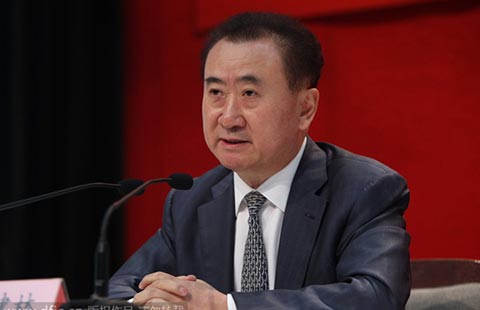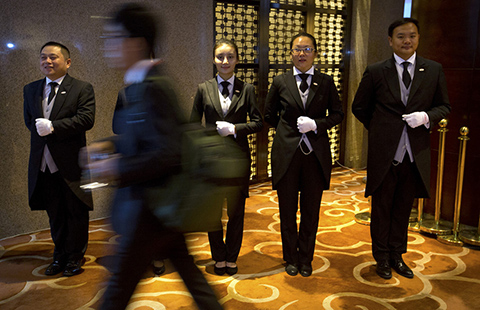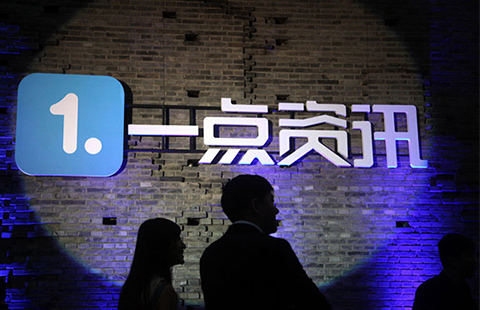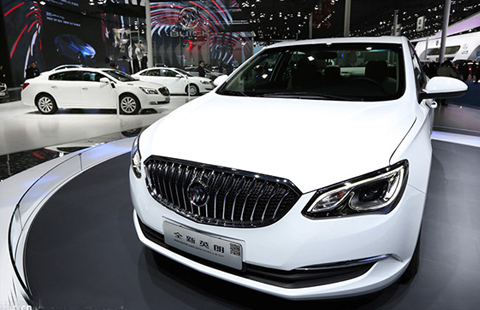Xi'an Janssen plans 10 drug launches in four areas by 2020
By Wang Wen (China Daily) Updated: 2015-10-31 09:50Xi'an Janssen Pharmaceutical Ltd, Johnson & Johnson Services Inc's largest subsidiary in China, plans to launch more than 10 new medicines in China by 2020.
Kris Sterkens, chairman of Jassen Asia Pacific, said innovation remains its core strategy, and its products will be spread over four main treatment areas: tumors, the autoimmune system, mental health and infectious and metabolic diseases such as hepatitis and diabetes.
The firm's new-product strategy, he said, was being supported by a number of recent findings that showed China has strong demand for medicine targeted at those diseases.
A survey by the Economist Intelligence Unit, a global business intelligence belonging to the Economist Group, for instance, analyzed markets in five countries across Asia Pacific including China, and reached the conclusion that "the region now carries a huge global burden of non-communicable diseases, such as cancer and mental illness".
As many as 85 percent of deaths in China in 2010 were the result of non-communicable diseases, according to the report, with cancer, cardiovascular disease and diabetes topping the list of causes.
"Healthcare systems in Asia Pacific are struggling to manage the rise in non-communicable diseases and the shift to long-term treatment of chronic conditions," said Charles Ross, the survey report's editor.
Following on from those and other findings, Xi'an Janssen will launch a new product for prostate cancer soon, said Sterkens. Research is also being conducted on a diabetes medicine.
Xi'an Janssen has launched 14 major new products in the past five years aimed at treating conditions like human immunodeficiency virus, cancer and mental illness.
Established 30 years ago, it has been a regular investor in China since its launch.
A new $290 million plant in Xi'an will be in operation from 2018, said Cesar Rodriguez, the company's chief.
The new site will have an annual capacity of 280 million medicine packages, which will be sold around the world, said Rodriguez.
Xi'an Janssen is well known in China for over-the-counter drugs such as Domperidone and Daktarin.
Johnson & Johnson combined its OTC business in China last year with Xi'an Janssen, a controversial move at the time with some industry commentators fearing the integration might hurt sales.
Rodriguez insisted the integration, named One China OTC, has achieved strong results, although he refused to detail exact numbers.
- Child-related stocks hit upper limit on prospect of baby boom
- Negative list for foreign investment expanded to inland regions
- Baidu still on track with plans to transform
- Li: Markets to open wider for foreign firms
- China-Netherlands food trade high on new Silk Road agenda
- China's foreign service trade deficit continues to widen
- Baige Zhao: Promoting Practical Cooperation Between China and Germany through Congress Communication and Think Tank Exchanges
- Air China earns 98.09% net profit growth in Q3














